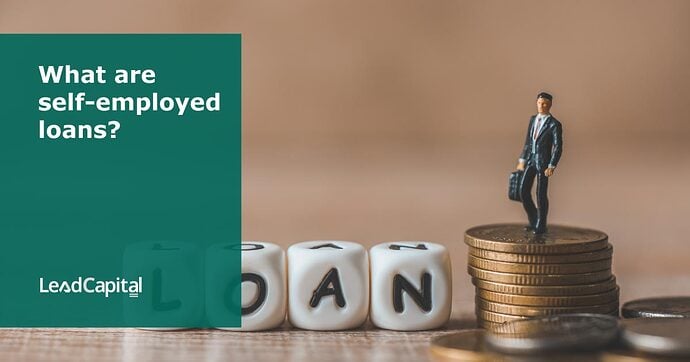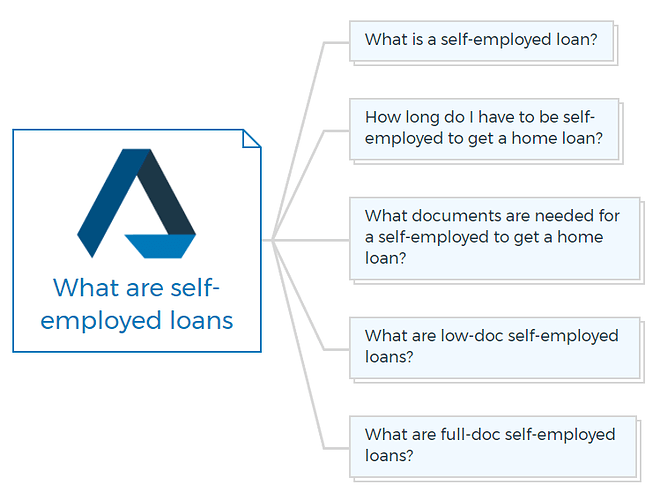Getting a home loan when you are self-employed can be tricky. Here are some tips and advice for selecting the best self-employed loan.
What is a self-employed loan?
Self-employed loans in real estate are financing options that are specifically tailored to those who are self-employed. This loan allows people to purchase or invest in a property without providing income and employment documentation.
You can use self-employed loans for residential and commercial investment properties, providing flexibility and options for people who may not qualify for traditional mortgages.
Self-employed loans typically feature higher interest rates than regular mortgages. Still, they can be an excellent option for investing in real estate while avoiding the hassle of proving their income or employment history.
Self-employed loans are a significant financial alternative for most Australian business owners. You can use this flexible financing option regardless of your credit history or proof of income.
You are missing out if you haven’t yet subscribed to our YouTube channel.
How long do I have to be self-employed to get a home loan?
2 Years!!!
Most banks will only give you a home loan if you’ve been self-employed for less than 2 years. But you probably already knew that. But many large financial institutions will accept it with a full year’s tax return under their low-doc loans.
But there are still lenders who will give you a low-deposit home loan at 90% LVR even if you don’t have a full year’s tax return.
What documents are needed for a self-employed to get a home loan?
The requirements for a self-employed home loan vary between lenders. Some of the standard requirements include the following -
- Personal and business tax returns and tax assessment notices from the last two years
- Balance sheet and statements of income and expenses for the last two years.
- Confirmation that you have been signed up for GST if your business meets the minimum levels of sales.
- List any leases, hire-purchase agreements, overdrafts, company loans, and guarantees that someone outside the company owes.
How To Finance Your Property Development Project?
And Other Books On Real Estate Development Finance
Includes 5 x detailed eBooks
✓ Property Development Finance: Easily Finance Your Project? (26 Pages)
✓ 10 Big (Financial) Property Investing Mistakes Made By Investors (58 Pages)
✓ 10 Finance Options For Your Next Property Development Project (29 Pages)
✓ What Is Equity Finance And How Does It Work? (42 Pages)
✓ Property Investment Finance - Ultimate Guide
What are low-doc self-employed loans?
Low-doc self-employed loans are a specific type of loan tailored for those who cannot provide the same documentation as other borrowers.
Low-doc loans require less input in terms of income and employment history, so they are much easier to obtain than traditional mortgages. You can use them for investment properties, commercial real estate, and residential purchases.
Because low-doc home loans pose more risk to lenders, they often come with higher costs and more fees.
These extra costs can be a big jump, but they could be well worth it for people with steady, profitable self-employment who want to get a loan without giving up their freedom and flexibility.
What are full-doc self-employed loans?
Full-doc self-employed loans are the opposite of low-doc loans. They require more documentation on income and employment history, but they offer access to better interest rates and longer loan terms than low-doc loans.
These loans are best suited for those with solid credit scores who can provide full proof of income and employment.
Property Finance Made Easy
We specialise in Development funding | Commercial finance | Construction loans | Portfolio refinancing & Property investment loans in Australia.
Click Here to strategise with Amber




